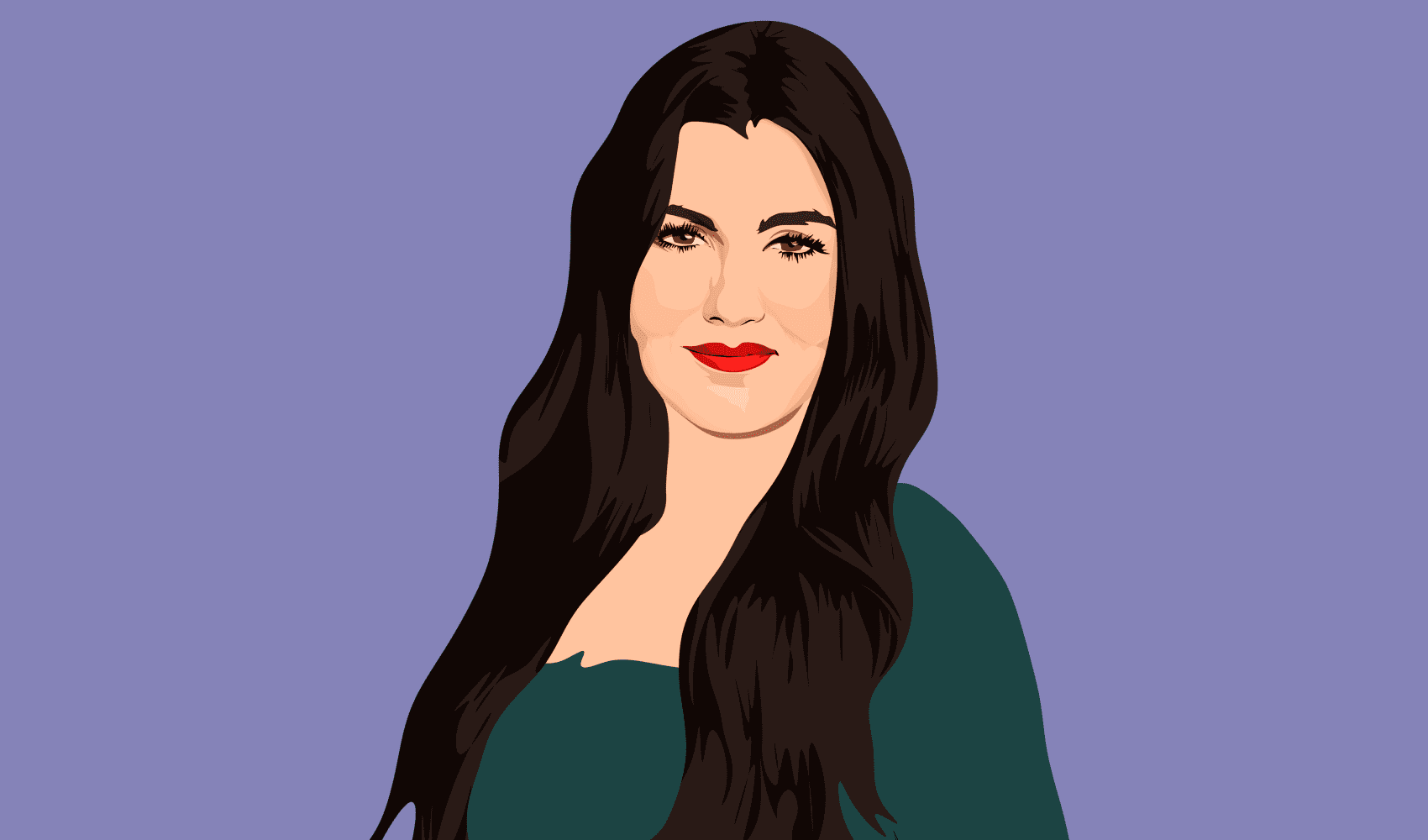
Dr. Darshan Shah, a health and longevity specialist, commits to daily practices like a wellness-centered morning routine for his wellbeing.
Dr. Darshan Shah has been a physician and board-certified surgeon for 30 years. About ten years ago, his family history of diabetes and a health scare led Shah, 52, to study longevity and how he can improve his own wellbeing.
"Being a physician, we're really primarily educated in the science of how to manage disease, not really in how to promote healthspan and longevity," Shah tells CNBC Make It.
Shah interviews many experts about longevity for his podcast "Extend", which dives into how to live a long, healthy life.
"There's really not one thing you can do, one time, that's going to improve your longevity," he says.
Get top local stories in Philly delivered to you every morning. Sign up for NBC Philadelphia's News Headlines newsletter.
"I would say the number one thing that I did was educate myself on the science of forming habits and making them stick. And that's where I've really been able to add a lot of practices into my life to improve my longevity and my healthspan."
Here are some of the habits Shah does every single day to live a longer and healthier life.
This interview has been edited and condensed for clarity.
Money Report
'It really starts with a morning routine'
What are some of the things you do to stay healthy?
For me, it really starts with a morning routine that takes about 30 to 45 minutes. So, I wake up in the morning, and the first thing I do is I go downstairs, I start a cup of coffee, and I get my mindset in the right place. And I do that with journaling.
I write down what happened yesterday, how I felt, what I learned from it, and also I visualize the future. 'What do I want for my future, and what am I grateful for?' I do it [in] a book with pen [and] paper, not on an electronic device.
What I don't do in the morning is grab my phone. First thing in the morning, I make sure my phone is in a different room. I actually put my phone by my coffee machine, because I don't want to even get my phone until my coffee is made.
What do you do to keep your body healthy?
After I get my mindset in the right place, I focus on my movement. I always try to do a 10-minute workout first thing in the morning.
I wake up pretty early in the morning. About 5:00, 5:30 in the morning, and the sun is just barely coming up. I expose myself to the outside environment and sunlight. [Then] I do a quick dumbbell workout, and it just gets your body moving.
It's so important to get your body moving in the morning and doing some strength training.
What's your daily diet like? What foods do you make sure to get into your meals often?
My diet is a lot of vegetables and a lot of protein. I try to eat as fresh as produce as I can. Try to buy organic if at all possible. I break my fast with some protein, usually eggs, and vegetables in the morning. No carbohydrates, because I have a problem in my family, of diabetes.
One of the things I've always been a big believer on, that works for my biology, is avoiding any type of carbohydrate or sugar until later on in the day. I know that because one of the things I've used is a glucose monitor.
A typical lunch for me would be a big salad with a big piece of meat on it. And then a typical dinner [would] be meat and vegetables. It's always a combination, whether it be red meat or seafood or chicken. As long as it's well-sourced, I'll eat it. I try to keep it as simple as possible.
When I talk to my patients about their diet, the number one thing I tell them is it's not about what you're eating. You can be in any kind of dietary program you want, as long as you're avoiding ultra-processed foods.
I 100% try to avoid ultra-processed food at all costs. So we don't even have it in the house.
We know about the importance of connecting with other people for longevity. What's your social fitness like?
I'm naturally a very gregarious and outgoing person, so for me, it's easy, and I'm empathetic to the fact that it's not as easy for everybody, right?
I'm very much focused on my local community. I think this is something that, unfortunately, over the last 50 years, we've become defocused [on].
A lot of people don't even know who their neighbors are, and that's because social media takes up a lot of our time, and we feel we're being social by using social media. In reality, you're not really personally connected to those people. There's multiple layers of separation.
We [Shah and his wife] really try to meet our neighbors, the people at our kids' schools, the people that are running the local businesses. We're lucky, we live in a small community.
Having people over for dinner, to our home. I think that's really also important, sharing your home with somebody, with other people.
You mentioned shifting your mindset. Beyond that, is there anything you do specifically for your brain health?
One thing I failed to mention is probably about half the time, maybe even more than half the time, one of the things I love to do in the morning is some reading. Twenty to 30 minutes of reading, and reading out of just, a paper book.
I find that's extremely important, because one of the things that's really going to protect your brain as you grow older, is constantly learning something new. Reading a non-fiction book, learning it, thinking about it during your day, talking to other people about it, like that mental reprocessing, is really important for your brain health.
If you're constantly learning something new, you're constantly re-engaging your neurons to connect to each other. So that's also something I do. I try to read almost every single day, if I can.
Actually, one of the questions I like to end these interviews with is what are you currently reading?
I'm reading this book called "Brain Energy" by Christopher Palmer. He's a scientist that writes about how our brain and all mental diseases really do not come from something going on in the brain; it really comes from metabolic disease.
I usually try to read two to three books at the same time and I'm reading another book by Marty Makary called "Blind Spots" which is kind of like how things have gone wrong in medicine over the last 50 years.
The daily habits of a health and longevity specialist
Here's a summary of Shah's daily habits for his health and wellbeing:
- For his body: Starting his day with 10 minutes of strength training outside
- For his daily diet: Sticking to vegetables and protein, limiting his carb intake, avoiding ultra-processed foods
- For social fitness: Engaging with his local community, inviting neighbors and friends over for dinner
- For brain health: Journaling in the morning, reading daily and shifting his mindset
- For his media diet: Reading two to three books at one time, especially non-fiction
Want to up your AI skills and be more productive? Take CNBC's new online course How to Use AI to Be More Successful at Work. Expert instructors will teach you how to get started, practical uses, tips for effective prompt-writing, and mistakes to avoid. Sign up now and use coupon code EARLYBIRD for an introductory discount of 30% off $67 (+ taxes and fees) through February 11, 2025.
Plus, sign up for CNBC Make It's newsletter to get tips and tricks for success at work, with money and in life.






